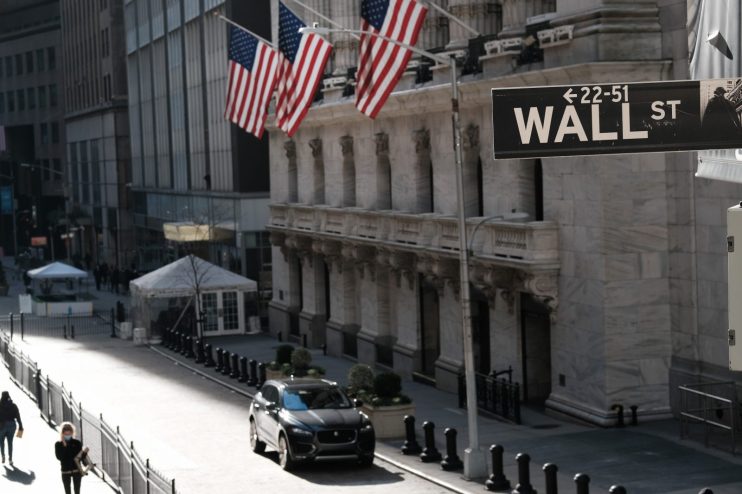Despite bank collapses, US lenders report record $80bn in quarterly profits

Profits at US banks in the first quarter reached record levels, rising by a third to a total of $80bn, even as the sector dealt with the fallout of the Silicon Valley Bank’s (SVB) collapse.
The banking turmoil was in fact a significant contributor to the profit boost. Half of the increase came from First Citizens and Flagstar who saw huge one-time gains from their respective acquisitions of SVB and Signature Bank.
Beyond the one-off gains, the data showed that banks benefited substantially from rising interest rates and the continuing strength of the US economy.
In addition the data showed that there were low levels of loan default despite fears of an impending recession.
The data was compiled by BankRegData, which collated quarterly reports given to the Federal Deposit Insurance Corporation (FDIC) by 4,400 banks across the US.
The reports showed that less than five per cent made losses in the first quarter. JP Morgan saw the biggest profit, notching $11.7bn. This did not include profits outside of the bank’s FDIC regulated entity.
The biggest loss was recorded by Pacwest which lost $1.2bn according to the figures. Its shares are down over 70 per cent in the year to date.
There was a flight to safety in the quarter with deposits in accounts covered by the FDIC’s insurance scheme rising by $400bn in the quarter.
The cap on deposit insurance has been a key topic of discussion for the sector. SVB and First Republic both had relatively high levels of uninsured depositors. This made them more susceptible to a bank run as jumpy depositors pulled their cash.
Industry figures have discussed the possibility of raising the deposit insurance threshold.
In a report on first quarter earnings, analysts at Morningstar said “deposit outflows at banks in our coverage universe have been relatively modest”.
The analysts highlighted the largest banks in particular as “well positioned in this particularly volatile environment”.
However, smaller lenders may be less well positioned. BankRegData showed interest expenses climbed nearly ten times compared to last year as banks have had to offer higher savings rates to attract customers.